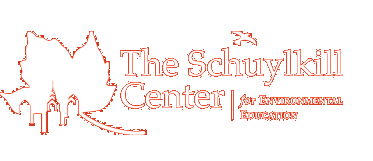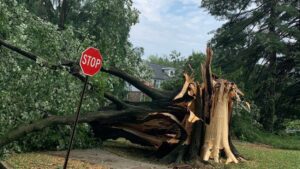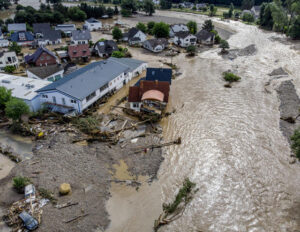Last Wednesday, I was standing in the parking lot of a nature preserve in Blue Bell, wondering what to do– should I stay and gut it out, or get the heck out of the way?
I was looking up and west, and the sky above me was dark and getting darker, the angry sky of a powerful storm quickly moving in. I thought of a witch’s line from Hamlet that became a Ray Bradbury novel that morphed into a Jason Robards movie: something wicked this way comes.
Given I was on the edge of a forest, I decided to move the car to a nearby location where a tree was less likely to fall on me, which I did.
And then the storm slammed, winds fiercely whipping trees, branches falling everywhere, leaves blowing by, hail pounding the car. It was too much like the scene from “Wizard of Oz,” with me as Dorothy staring out the window– I would not have been surprised to see Miss Gulch fly by, knitting in her rocking chair. Except this wasn’t funny.
On top of the wind and trees, water was pouring down the shoulders of streets like rivers, flooding into blocked storm drains and across roads. It was nightmarish.
And right at the beginning of rush hour, just about the worst time this could happen.
When it passed only 10-15 minutes later, if even that, my GPS routed me home, but the storm had outwitted the device: every road home was blocked by a large branch– or an entire tree– that had mostly or completely fallen across the street. I turned onto side roads to find alternate routes (one bus driver waving me away from one route), or I turned completely around, at least five or six times. It was scary. Lucky for me, I got behind a landscaping truck with four big guys in it, who dutifully and doggedly cleared the way, stopping every few hundred yards to pull another branch aside. I might still be in Blue Bell if it wasn’t for them.
Thirty minutes of only driving maybe two miles, I reached Germantown Pike– where there was almost no sign of a storm. No leaves or branches down on the street, no stormwater streaming down the shoulder of the road. The sun was shining, birds were singing, traffic was fine. Huh?
Back in Blue Bell, I happened to be directly underneath a microburst, yet another new word that climate change is forcing us to learn. The National Weather Service says straight-line winds of at least 50 mph but only 2.5 miles wide plowed into the area that day. A Blue Bell dentist told one newspaper it was “the worst storm damage I’ve seen in my 24 years living here.” I believe it.
Here’s the scarier part of the story. The night before, my wife had pointed out the blood-red moon, which she thought was cool (it was) but I knew was wrong– turns out that particles in the sky from the massive wildfires out West changed the moon’s color– but also cooled the atmosphere here in Philly. Last week’s storm WOULD HAVE BEEN WORSE without that smoke.
The Bootleg Fire in Oregon, the largest of the 80 large fires in 13 states being wrestled with last week, has already burned an area larger than Los Angeles, is still on the move, and is so large and burning so hot it’s creating its own weather underneath it. There is so much soot in the air that it forms dense clouds that begin to rain, but the air is so dry the rain never hits the ground. Fueled by historic droughts out West, wildfire season is annually longer and worse than it had been historically, the fires burning hotter.
Last week’s intense storm also forced me think of Germany, where two months of rain fell in only 24 hours; in some places 5-7 inches fell in 12 hours. As of the end of last week, there were 160 confirmed dead and 37,000 buildings impacted. It will easily be Germany’s costliest storm ever, as the flooding tore down ancient bridges while upending roads and train tracks; some of these ruined towns were only 1,000 years old, which says something about current weather conditions.
As if all of this weren’t bad enough, the Henan province of China received its own burst of flooding, with at least 25 dead there, including a dozen people trapped in a subway car in the regional capital of Zhengzhou.
Across the planet, climate-fueled weather is killing people in unprecedented numbers. And it is costing us a fortune. Even that microburst in Blue Bell was costly, knocking out power for 125,000 people while delaying every Regional Rail line, damaging homes and cars as trees fell on them.
Which brings us to a few questions: why are we still debating climate change? And why are we still debating solutions? When the earth speaks this loudly, we better answer, and as to which solutions work, we are now at a place where we simply try everything– throw everything at the wall and pray some of it sticks.
Will this be costly? Of course. But the alternative? Every minute we delay meaningful action now means we pay a steeper price later, as each delay only compounds the issues. The Bootleg Fire and Germany’s flooding– even that Blue Bell burst– tell us this.
“Something wicked this way comes” is actually not correct. As the world has learned this summer, something wicked is already here. We ignore it at our peril.
By Mike Weilbacher, Executive Director


